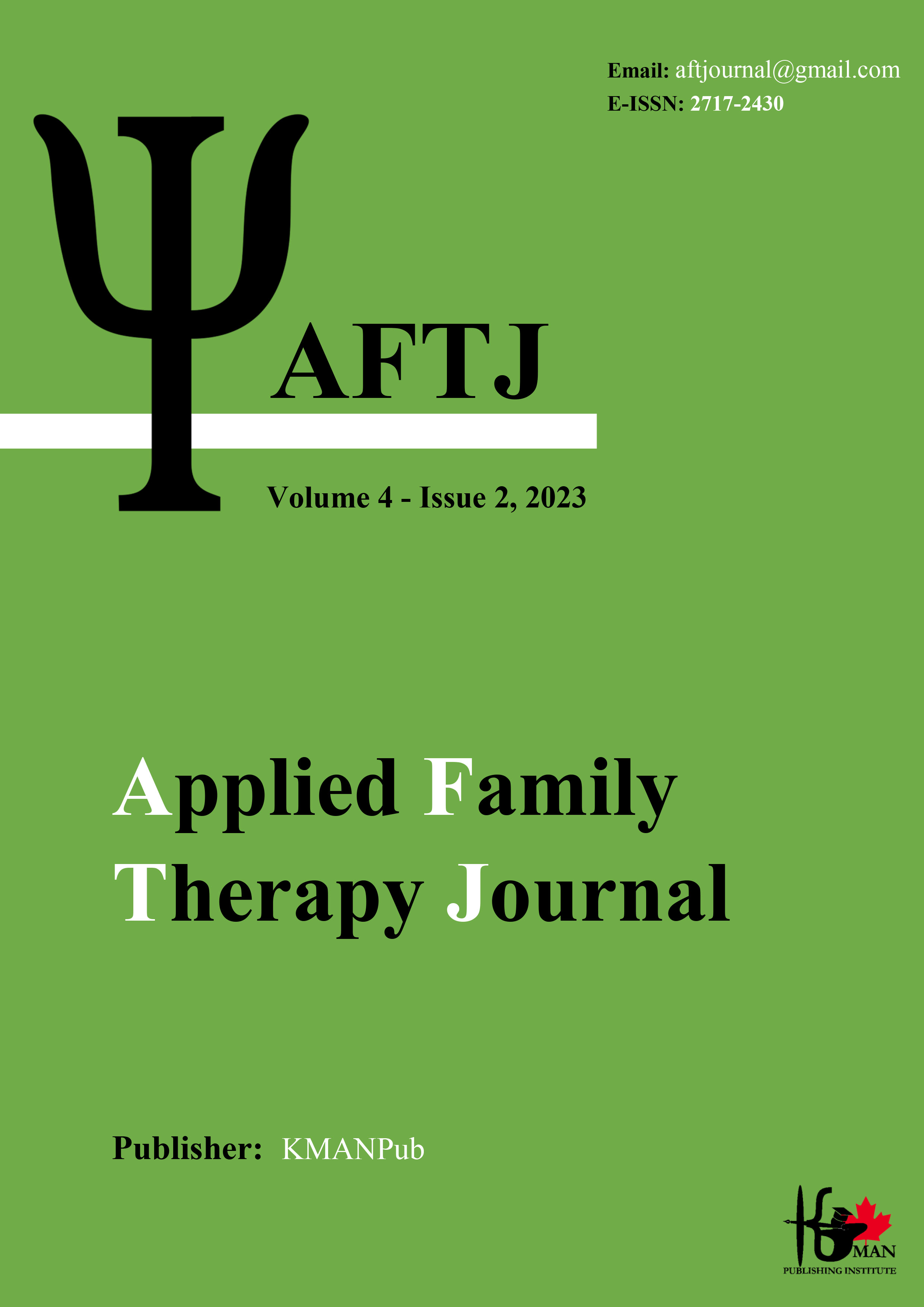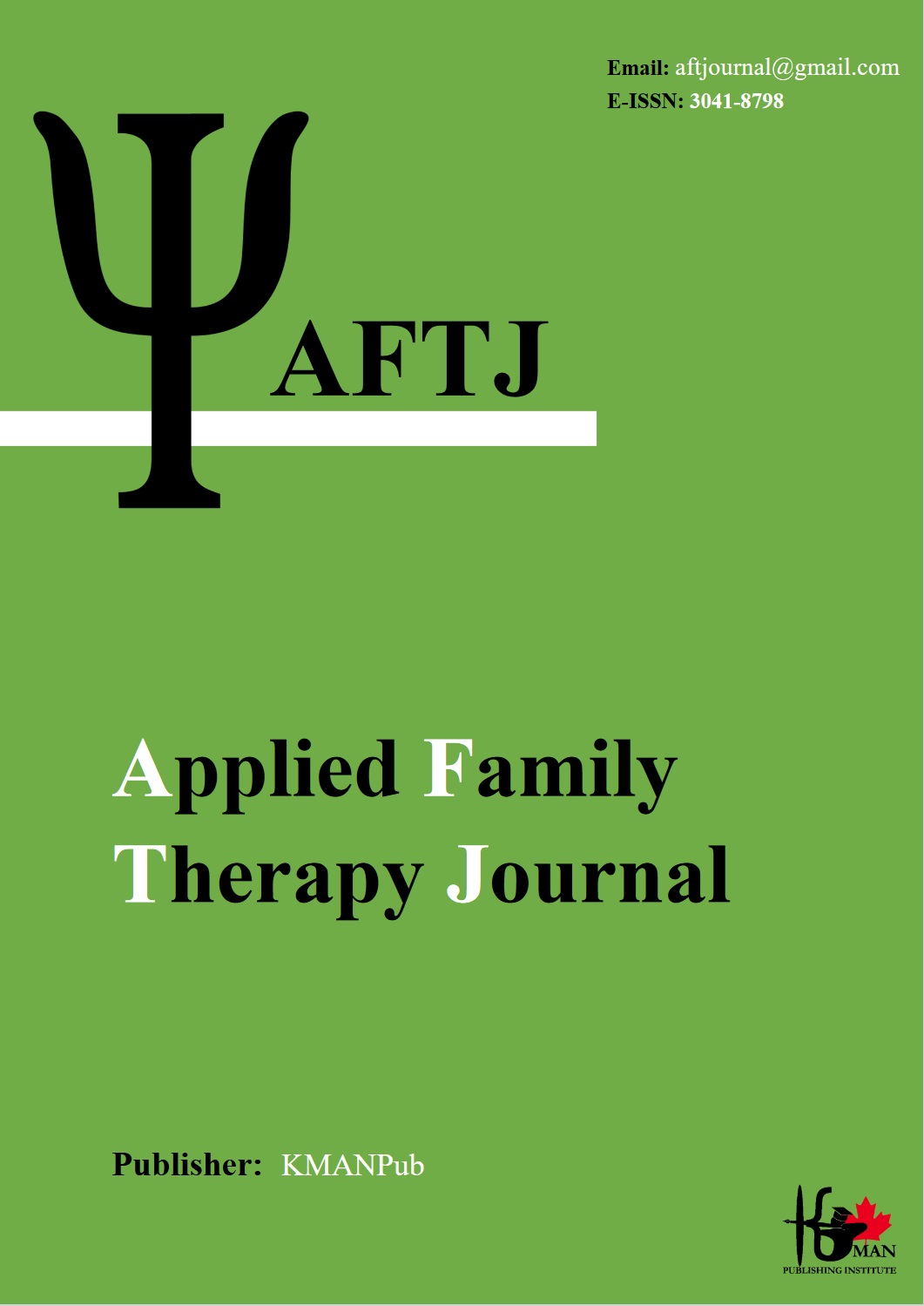Predicting the attitudes of single young people towards marriage based on personality traits and perfectionism
Keywords:
Attitude towards marriage, personality traits, perfectionismAbstract
Aim: The aim of this study was to predict the attitude of single young people to marriage based on personality traits and perfectionism. Method: The present research was descriptive-correlational in terms of applied purpose and descriptive research design. The statistical population included all single students of Isfahan universities in the academic year 2020-2021. From this community, 170 students were selected by available methods and all paticipants responded to Bratton and Rosen (1998) Attitudes Towards Marriage, the 5 Big Factors of Short Form Personality (NEO-FFI), and the Terry - Short et al. (1995) Perfectionism Questionnaires. Pearson correlation method and hierarchical regression analysis and SPSS software were used to analyze the data. Results: The results showed that among personality traits, neuroticism negatively and extroversion positively and significantly predicts the attitude to marriage. Also, negative perfectionism negatively and positive perfectionism positively and significantly predict the attitudes towards marriage. Conclusion: Based on the research findings, it can be concluded that personality traits and perfectionism are among the factors that play a role in young people's attitudes toward marriage
Downloads
Downloads
Published
Issue
Section
License

This work is licensed under a Creative Commons Attribution-NonCommercial 4.0 International License.



























